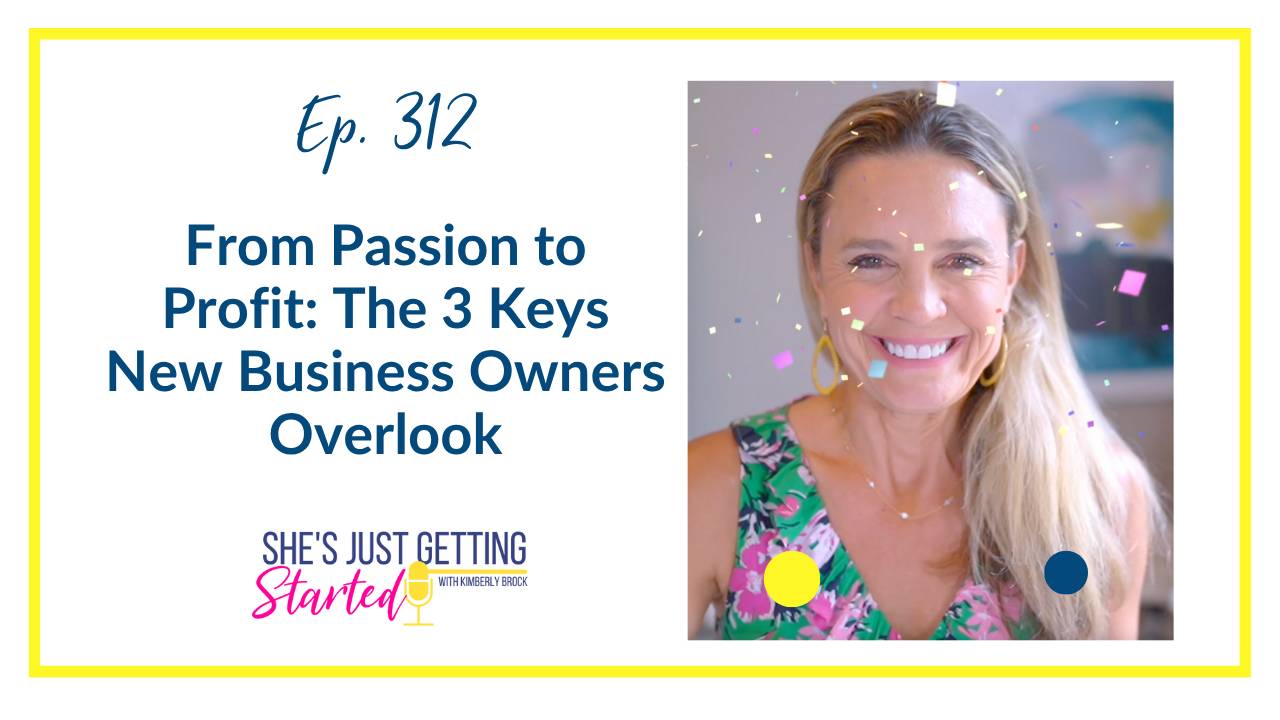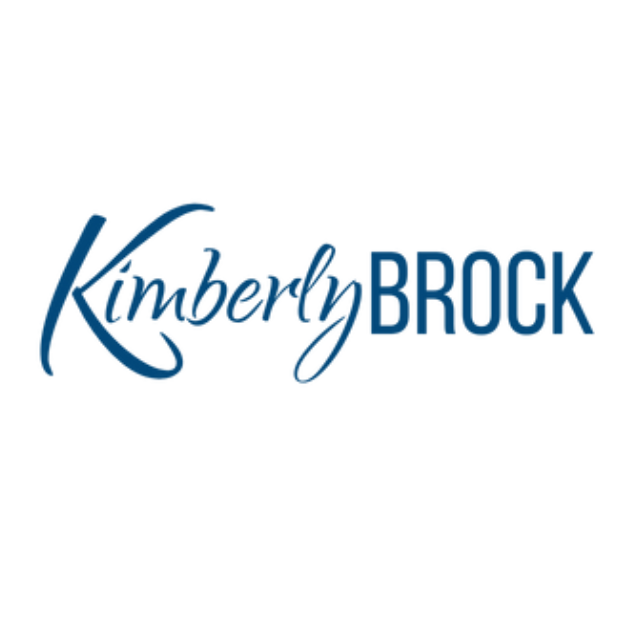Ep 312:From Passion to Profit - 3 keys new business owners overlook
Oct 02, 2025
Turning a passion into a business sounds dreamy… until the invoices show up, your website crashes, and you realize you forgot to file quarterly taxes. The dream is still real—you want to do work you love, serve people you care about, and make money that actually supports your life. But the bridge between passion and profit takes clarity, courage, and consistent action.
In this episode, I’m walking you through three big keys that can make all the difference:
-
Validate real demand before investing your time and money.
Enthusiasm isn’t the same as a market. The fastest way to know if people will pay is to ask them to pay—in small, simple, low-risk ways. That could mean taking on 2–5 beta coaching clients at a starter rate in exchange for feedback, pre-selling a small batch of your handmade items with a ship date, or offering a test package in your local community and capping it. Look for momentum, not perfection: Are strangers (not just your friends) buying? Are people coming back or referring others? Every “no” you hear is also valuable—it’s market research telling you what to adjust. -
Accept that business is part passion, part unglamorous work.
Every business has behind-the-scenes pieces: bookkeeping, taxes, customer support, emails, refunds, and marketing. You don’t have to love it all, but you do have to own it. The trick is to sort it into buckets: learn the basics that protect your money, systematize repeat tasks with checklists and templates, and outsource the tasks that drain you or require an expert eye. Keep your tech simple and reliable. And when it comes to marketing, it’s not about performing—it’s about showing up consistently and inviting people in. -
Run the numbers—honestly.
Creativity and numbers actually go hand in hand. Start by writing down your fixed monthly costs (things like software, rent, insurance), then your variable costs per client or product (materials, shipping, processing fees, your time). From there, calculate your break-even point. For example, if your painting sells for $400 and your monthly fixed costs are $1,000, with $40 of materials per painting, you know exactly how many you need to sell before you’re profitable. And once you know the math, you can play with it: adjust pricing, add a premium option, or shift how much you produce. Numbers aren’t there to crush creativity—they give it room to grow.
The bottom line: turning your passion into a business isn’t about betraying your art or your dream. It’s about treating your creativity like an asset and your time like it matters. When you do that, profit doesn’t feel like selling out—it feels like stepping fully into the work you were meant to do.
Enter your email below to get my weekly emails to
Stay motivated & Keep moving!
I do not like SPAM. I will never sell your information, for any reason.



